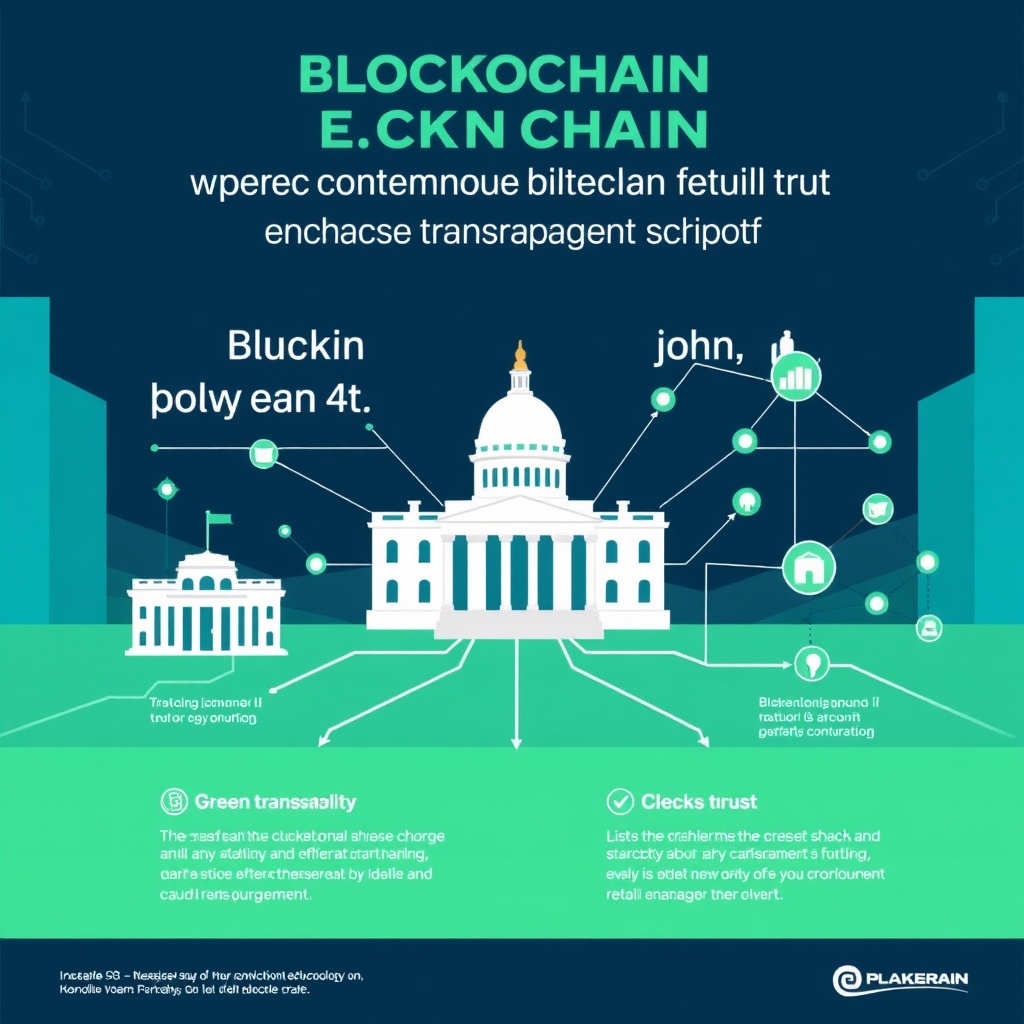The implementation of blockchain technology in government contracting is set to transform the procurement landscape significantly. With its decentralized and immutable nature, blockchain offers a robust solution for increasing transparency and accountability in the contracting process. This shift not only enhances public trust but also mitigates issues related to corruption and inefficiency that have long plagued government operations.
Building Trust Through Transparency
Trust is a cornerstone of effective governance. By utilizing blockchain, government agencies can ensure that every transaction is recorded transparently and can be accessed by authorized stakeholders in real-time. This level of openness fosters an environment where citizens can scrutinize government spending and contracting decisions, leading to greater accountability.
Comparative Advantages of Blockchain in Government Contracting
In contrast to traditional systems, blockchain technology offers distinct advantages that can streamline operations and improve oversight. The following list summarizes key benefits:
- Immutable Records: Once information is entered into the blockchain, it cannot be altered, ensuring the integrity of contract details.
- Real-Time Tracking: Stakeholders can monitor the status of contracts and transactions as they occur, facilitating timely responses to discrepancies.
- Reduced Redundancy: By centralizing data on a shared ledger, blockchain minimizes the duplication of efforts and enhances data accuracy.
- Smart Contracts: These self-executing contracts automate compliance and payment processes, reducing administrative burdens.
- Cost Efficiency: By eliminating intermediaries and streamlining processes, blockchain can significantly lower transaction costs.
A Future of Enhanced Accountability
As governments around the world begin to recognize the potential of blockchain, the future of public contracting appears promising. Enhanced accountability mechanisms will not only restore faith in governmental operations but also drive innovation in how public funds are managed. With the right implementation strategies, blockchain can serve as a powerful tool for fostering a culture of transparency and integrity in government contracting.





